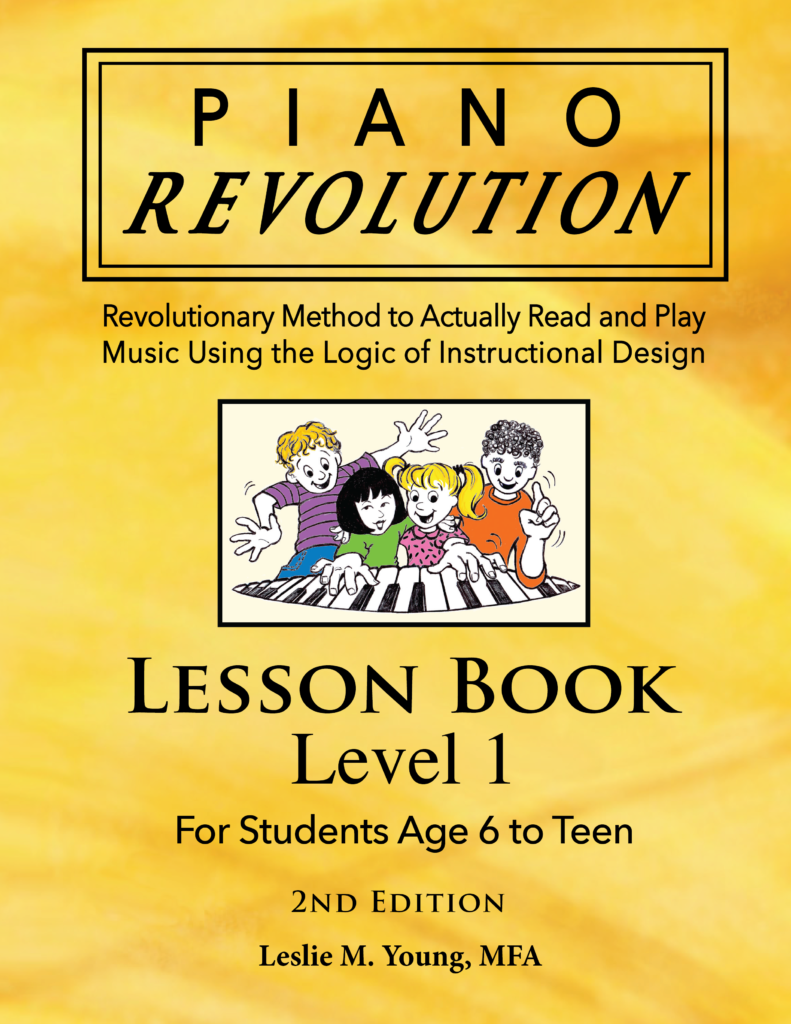How Your Musical Brain Works – Use It or Lose It
So many, many possibilities exist with a baby’s brain! Trillions of neurons in the brain at birth are free and not yet assigned to any specific task. By experiencing life, some neurons will connect to others and add to complex brain circuitry. But, those that are not used will probably die off. It’s a matter of use it or lose it.
“It is the experiences of childhood, determining which neurons are used, that wire the circuits of the brain as surely as a programmer at a keyboard reconfigures the circuits in a computer. Which keys are typed – which experiences a child has – determines whether the child grows up to be intelligent or dull, fearful or self-assured, articulate or tongue-tied. Early experiences are so powerful . . . they can completely change the way a person turns out.”
– Harry Chugani, Pediatric Neurobiologist, Wayne State University
There are time periods during the life of the developing child when learning is critically optimal, and if that opportunity to learn is missed, then the learning at a later time will be much harder and slower.
“Connections are promoted by activity,” says Dale Purves of Duke University.
So, no connections, then no activity. Use it or lose it.
Making the Most from What Works
When making new connections for learning, the brain will reuse those that also worked in the past for something similar. This is part of the reason why the learning of math and music are related. If a student is successful at one, it helps in being successful in the other subject.
Don’t think math and music are particularly similar? They both involve critical thinking skills, complex reasoning, understanding of quantities (time, for example), ratio comparisons, and more. I use these similarities during piano instruction at every lesson, whether I am deliberately conscious of it or not.
What’s the Best Age to Learn Piano?
The critical learning window of time for beginning musical instrument lessons is age three to ten years old. I myself began lessons at age nine, and I feel that was four years too late at a minimum. In teaching young students over the years, I know children are individual learners and what works well with most may not be what is needed by the one. I also know three and four-year-olds can be particularly receptive to regular piano lessons IF the lesson is very short (less than a few minutes) and seems like fun. In any way I can, I make the learning task into some sort of a game.
Is it worth it? Is it a good idea to have mini-lessons for a three or four-year-old rather than wait to have a full 30 minute lesson at age six?
Absolutely, yes! I have seen very young students have fun and be excited to have (tiny) lessons like their older siblings. Their enthusiasm – it wish I could bottle it! Our lessons could be measured in seconds in the beginning and gradually increase over the next two years, all the while “playing games” with the tasks. When that young student becomes five or six, the longer lesson is not a hard transition – not only because we have gradually worked up to the longer length – but also because so very much has already been learned and is rather easy at that point. Of course, we still need to work together on playing evenly with correct timing, but time values of the notes are very much easier to apply correctly after the note names and key locations have been learned.

Is It Too Late?
If the age of ten is the close of this learning window for music, it certainly does not mean it is impossible to learn after this age, but it does require more effort and probably a longer time.
Still, an effective and proven learning method makes the most difference, in my opinion and experience, no matter the beginning age for piano lessons.
Go to my Home page, to the video at the very bottom, at minute 5:16 to hear about a very successful 68 year-old beginner piano student. After just four months of lessons with the Revolutionary Piano Method, she played Clementi’s Sonatina, named all the letters of the notes, and used correct timing. She was dedicated to practicing about 15 minutes practically every day, and her diligence paid off quickly! Truly, use it or lose it.
It’s the Age – not the Practice Time – that Matters Most
Researchers at the University of Konstanz in Germany found that exposure to music rewires the brain’s neural circuits. In the brains of string players examined with MRI, the amount of brain (the somatosensory cortex) dedicated to the use of fingers when playing violin was significantly larger than in non-musicians. How long the players practiced each day did not affect the brain – but the age at which the learner began was what affected the brain the most! The younger the student when lessons started, the more brain cortex was devoted to playing. In terms of starting young – it truly is use it or lose it. However, just listening or singing to music is not nearly as beneficial as performing music – because that’s like a full-body workout for the brain!
Early age experiences are uniquely powerful, and if piano lessons can fit into the life of a very young child, that lucky learner will have the best opportunity to develop the most brain power!
Leslie Young is the author/composer of the Revolutionary Piano Method. She co-founded a K-12th grade charter school in Texas and has been a piano teacher for about 40 years. She has had experience teaching a variety of students tackling piano for the first time or as returning students
She states: “In teaching piano to students of varying ages, what also varies is a commitment of time and the amount of dedication. Children of certain ages may do very well with a parent as teacher; others may need someone who is not family to instruct them. Some older children and adults prefer to make progress on their own, and this method is designed to act as a meticulous guide through new material. Some adults and teens insist on professional teachers, which also encourages continuity. Because these books are self-explanatory, a new or experienced professional teacher will have no trouble using the Revolutionary Piano Method with students. It is an easy way to learn piano.”
Leslie believe that “learning to play the piano is more about diligence and perseverance” – but would add that just as critical to success is the method that is used, the encouragement of critical thinking, and the instructional principles that promote immediate success.
What Would the First Lesson for a Young Student Look Like?
What Would the First Lesson for a 6 to Teen Look Like (video)?
View sample pages of all the books for students
ages 6 to teen:
View sample pages of all the books for students
4 to 5 years old:
View sample pages of all the books for older
teens and adults:






